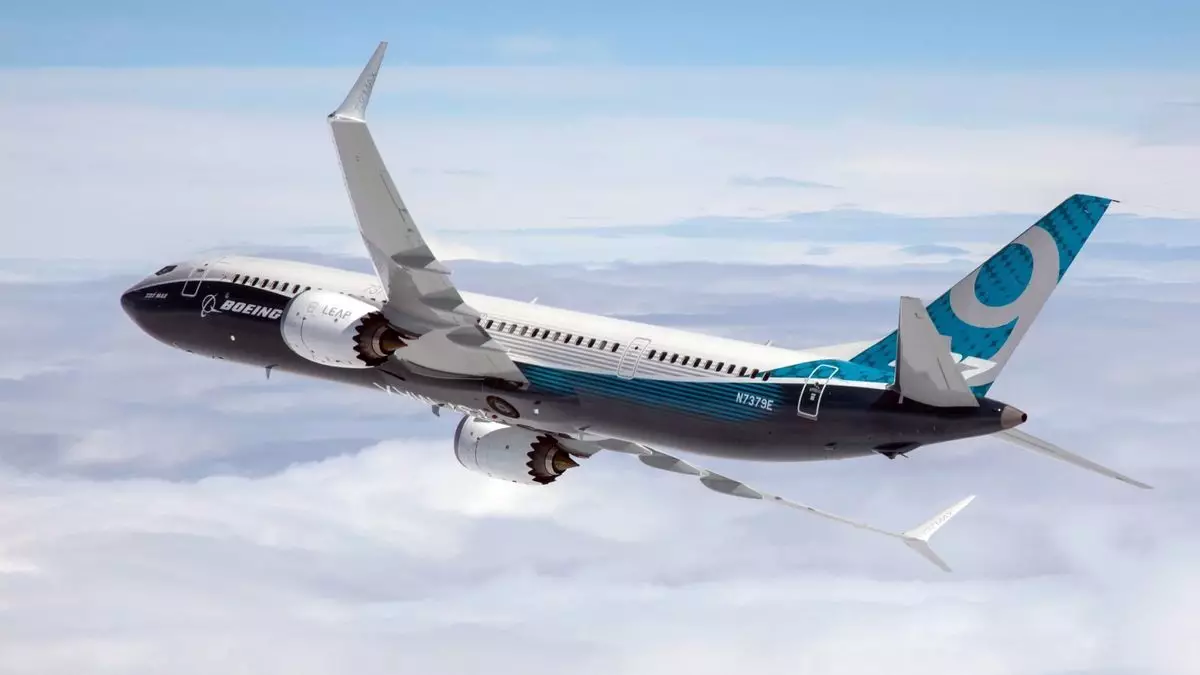Upon conducting an audit of Boeing and Boeing supplier Spirit AeroSystems, the Federal Aviation Administration (FAA) discovered numerous instances where the companies did not meet quality-control standards on the production line of the 737 Max 9 aircraft. The FAA highlighted issues in Boeing’s manufacturing process control, parts handling and storage, and product control.
The audit was initiated by the FAA in response to an incident where an exit door plug on an Alaska Airlines Boeing 737 Max 9 aircraft blew out during a flight on January 5. Following this safety concern, FAA administrator Mike Whitaker met with Boeing CEO Dave Calhoun and other company officials in Washington. During this meeting, Whitaker emphasized the importance of Boeing addressing the audit’s findings as part of a comprehensive corrective action plan to rectify systemic quality-control problems.
Deadline for Action Plan
Boeing has been given a deadline of 90 days by the FAA to outline its action plan in response to the audit. Additionally, the agency stated that it would maintain heightened oversight at both Boeing’s manufacturing site in Renton, Washington, and Spirit AeroSystems’ facility in Wichita, Kansas. Despite these developments, Boeing did not issue a new statement on Tuesday regarding the situation.
Addressing Systemic Issues
It is crucial for Boeing and Spirit AeroSystems to address the systemic quality-control issues identified by the FAA audit promptly. Failure to comply with established standards not only poses risks to aviation safety but also damages the reputation of the companies involved. By developing a comprehensive corrective action plan, Boeing can demonstrate its commitment to upholding the highest quality and safety standards in aircraft manufacturing.
The FAA’s intervention serves as a reminder of the importance of regulatory oversight in the aviation industry. Companies like Boeing and its suppliers must prioritize compliance with quality-control regulations to prevent safety incidents and maintain public trust. Continuous improvement in manufacturing processes and adherence to established guidelines are essential for ensuring the airworthiness of commercial aircraft. Boeing’s ability to address the audit findings and implement effective corrective measures will be closely monitored by regulatory authorities and industry stakeholders.
The FAA’s identification of quality-control issues in Boeing and Spirit AeroSystems underscores the critical need for rigorous oversight and adherence to standards in aircraft manufacturing. It is imperative for both companies to take swift and decisive action to address the deficiencies highlighted in the audit, safeguarding the safety of passengers and upholding the integrity of the aviation industry.


Leave a Reply